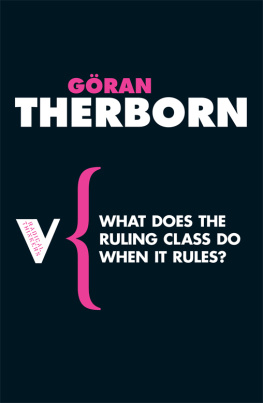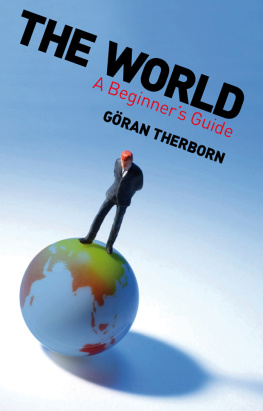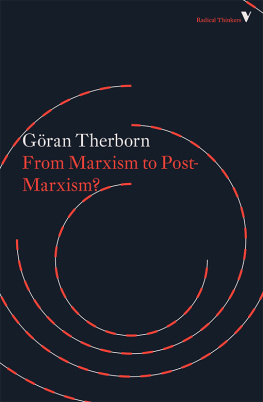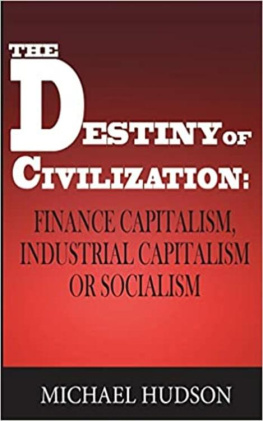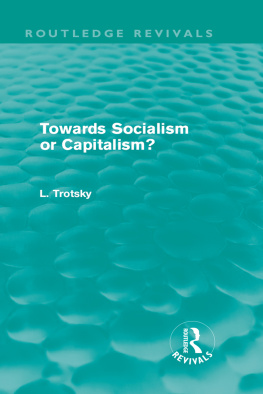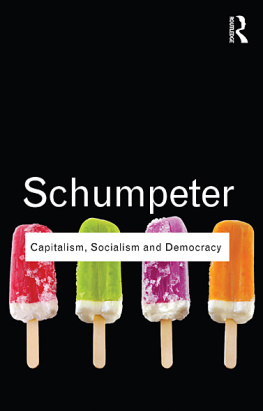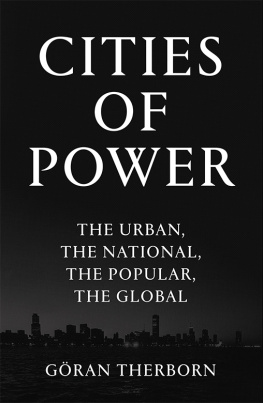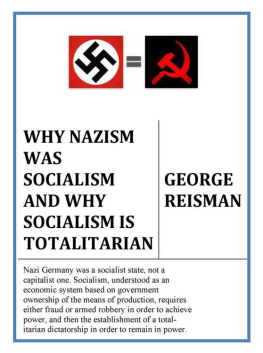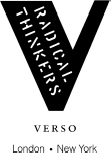Science and Politics
A Foreword
Two concerns are intimately interwoven in this book: one of empirical social theory and one of the practice of revolutionary politics in the advanced capitalist countries. The first essay, dealing with the state apparatus, owes its conception to the 22nd Congress of the French Communist Party, at which the concept of the dictatorship of the proletariat was deleted from the statutes. But it goes beyond the framework of the political debate that accompanied and followed that event. Entering the field of organization theory, it seeks to elucidate the forms of state organization characteristic of feudal society, the classical and modern Western world, and the contemporary regimes of Eastern Europe.
The experiences of twentieth-century dictatorship may provide good reasons for abandonment of the bewildering distinctions between democratic and dictatorial dictatorship called for by classical Marxist-Leninist discourse. However, the concept of the dictatorship of the proletariat was central to the thought of Marx and Lenin, and designates, together with its corollaries, a crucial object that cannot be discarded in a facile manner. Above all, it points to the organization of the state as a decisive manifestation of definite social relations of class domination. To empirical social theory this raises the question: how does the very organization of the state apparatus express and reproduce class relations? To practical revolutionary politics it poses the problem: how should a socialist state in the West be organized so as to reproduce the domination of the proletariat and allied classes and strata of the working population, and so as to further the development of a classless society? Such difficulties can hardly be overcome by reference to conceptual analyses made by Lenin, however penetrating they may have been. Nor is it helpful simply to give up the terminology of Marx and Lenin without fully confronting the underlying problematic.
To a certain degree, the origins and development of the second essay are opposite in character. It grew out of dissatisfaction with the academic debate raging within Anglo-Saxon political science and sociology a debate about whether pluralism or a power elite should be seen as the dominant force of modern western politics. A first version was presented two years ago at the annual conference of the British Sociological Association. Further elaboration was inspired by current political discussion of the mass base of bourgeois rule. How has the tiny bourgeois class, or the even smaller leading fraction of it, been able to rule in democratic forms marked by legal freedom of opinion-making and equal and universal suffrage? This problem has been posed, yet hardly answered by (among others) Louis Althusser, Christine Buci-Glucksmann and supporters of the traditional Gramscian focus on hegemony. In attempting to provide the initial elements of a solution, I have presented an overview of the political modalities of class rule. The analysis undertaken here is also related to an essay which is not included in this volume: The Rule of Capital and the Rise of Democracy.
The political conjuncture in which this book has been written is significantly characterized by the fact that advances towards socialism have again become a concrete possibility in certain developed capitalist societies: in particular, France and Italy. The strategic debates and programmes appearing in these and other countries have fired the keen but largely stereotyped interest of the mass media in something called Eurocommunism. The third text contains some reflections on the way in which the present political constellation has arisen, and especially on the content, problems and prospects of the democratic-socialist strategy.
This work is a collection of essays rather than a book divided into chapters. But the three parts should be read in the light of one another. For example, the concept of organizational technology developed in the first essay bears upon the operation of the processes of state mediation conceptualized in the second. The mechanisms of reproduction, formats of ruling class representation and processes of mediation are not only inter-related to one another in the exercise of state power; they are also operative in the reproduction of the state apparatus a task which is central to the maintenance of state power. The strategic problems raised in the last essay are largely based upon the provisional findings of the two preceding ones.
The range of topics discussed from the state of medieval feudalism to that of the contemporary USSR, from Max Webers sociology of bureaucracy and classes to Western Communist strategy will no doubt appear to many as foolhardy, and perhaps even fatal. However, in one important sense, the investigation has a rather limited scope: it is intended neither as a ready-made historical analysis nor as a compilation of recipes for revolution, but as a framework for empirical analysis and serious political discussion. For both political and scientific reasons, I have tried to keep one eye constantly open to problems of empirical investigation and corroboration. Regardless of the value of this particular attempt, the present domination of research by non-empirical theory and narrow empiricism obliges historians and empirical social scientists to adopt as their own the words of Danton and Lenin: Audacity, audacity, still more audacity!
This volume advances a number of positions which will arouse scientific as well as political controversy. But it is written for readers of diverse experience and opinion, for political comrades of different organizations and academic colleagues belonging to various disciplines and schools in fact, for everybody interested in social analysis and politics. It draws heavily on existing theory, research and politics, both non-Marxist and Marxist. As far as possible, I have tried to come forward with positive alternatives, rather than purely negative polemics.
The terms empirical social theory and social science are neither cautious paraphrases nor synonyms for historical materialism, although, as I have argued in my Science, Class and Society, the latter is the basic, although not the only science of society. Arising out of a break with German philosophy, Marxism defined itself as an empirical science of society and social history committed to a revolutionary standpoint. But since the classical age of Lenin, Kautsky and their contemporaries, Marxist theory in Europe has been mainly philosophical in character and subject to the domination of professional philosophers. Consequently, the relation of

